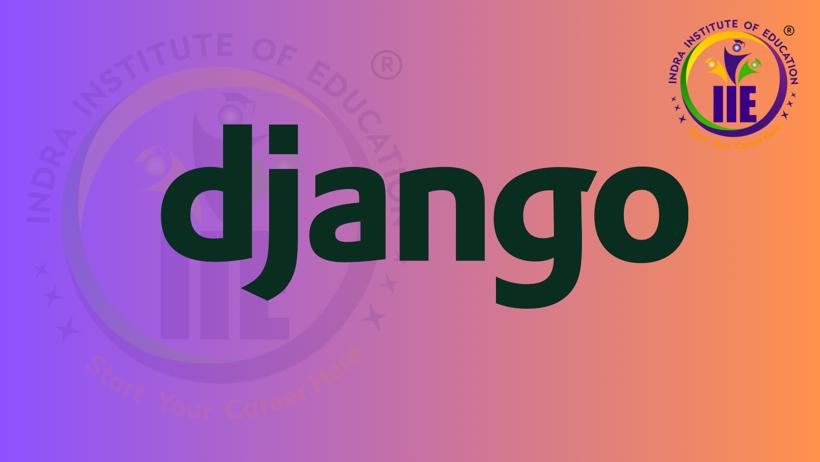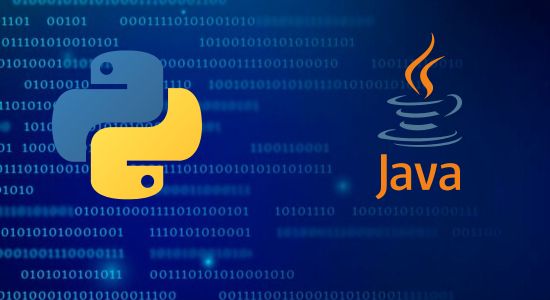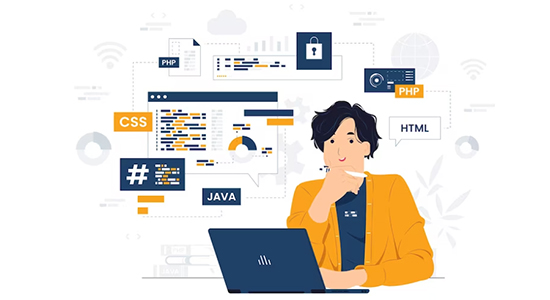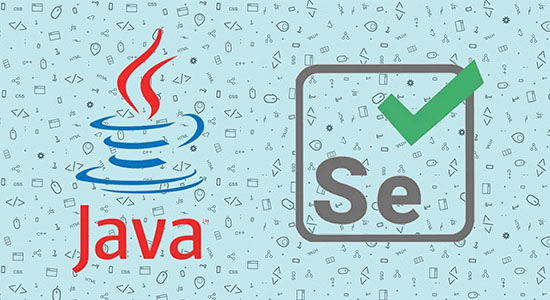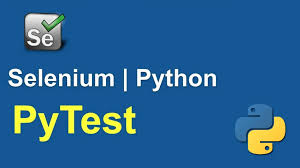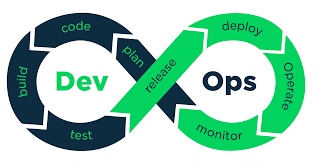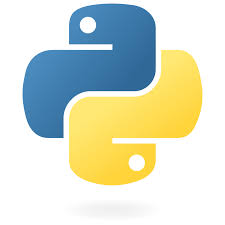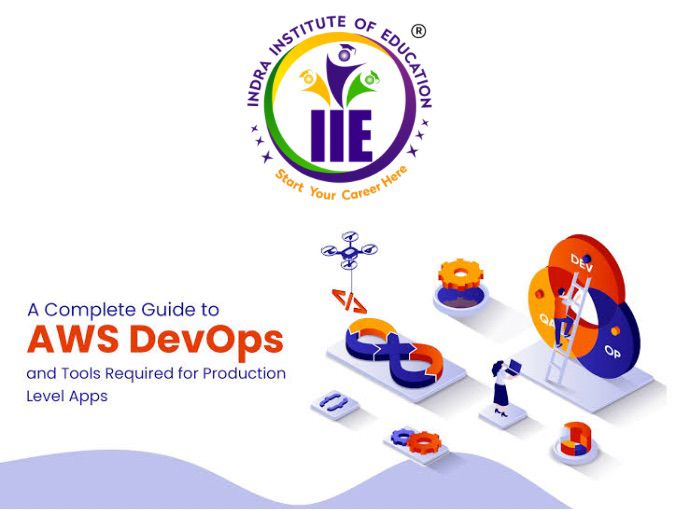Django
Django Learning in Python
Introduction
Django, a high-level Python web framework, has gained immense popularity among developers due to its efficiency and versatility. Learning Django opens up a world of possibilities in web development, enabling developers to create robust and scalable applications with ease. This blog aims to provide a comprehensive overview of Django learning in Python, highlighting key concepts, resources, and best practices.
Understanding Django
Django follows the Model-View-Controller (MVC) architectural pattern, emphasizing the separation of concerns. Models represent the data structure, views handle the user interface and logic, and controllers manage the flow between the model and view. This clear separation ensures maintainability and modularity of code.
Key Concepts
1. Models: Django employs Object-Relational Mapping (ORM) to interact with databases. Models define the structure and behavior of the application's data, greatly simplifying database operations.
2. Views: Views handle user requests and generate responses. They fetch data from models and render templates to create the desired output.
3. Templates: Templates define the presentation layer of the application. They combine HTML, CSS, and Django's template language to generate dynamic content.
4. URL Routing: Django's URL routing maps URLs to specific views, enabling developers to create clean and user-friendly URLs. By defining URL patterns, developers can organize their application's URLs efficiently.
5. Forms: Django provides robust form handling, allowing developers to validate and process user input effectively. Forms can be rendered in templates, making user interactions seamless.
Resources for Learning Django
1. Django Official Documentation: The official Django website offers comprehensive documentation, including tutorials, guides, and API references. It is an invaluable resource for understanding the framework fundamentals.
2. Online Courses: Various online learning platforms, such as Udemy and Coursera, offer Django courses taught by industry experts. These courses provide structured learning paths and hands-on exercises to reinforce concepts.
3. Books: Several books, like "Django for Beginners" by William S. Vincent and "Two Scoops of Django" by Daniel Roy Greenfeld and Audrey Roy Greenfeld, offer detailed insights into Django. These books cover beginner-friendly explanations and advanced topics for experienced developers.
4. Community Support: The Django community is active and supportive. Online forums, such as Stack Overflow, and mailing lists provide a platform for developers to seek guidance and collaborate.
Best Practices for Django Development
1. Maintain Organized Code: Django emphasizes the DRY (Don't Repeat Yourself) principle. Adhering to this principle ensures code reusability and maintainability. Writing modular and well-structured code helps future-proof the application.
2. Unit Testing: Django provides a robust testing framework. Writing unit tests for each component ensures the stability and correctness of the application. Automated testing reduces the chances of introducing bugs.
3. Security Considerations: Django incorporates numerous security features, but developers must implement best practices to fortify their applications further. Measures such as input validation, secure session handling, and protection against SQL injection and cross-site scripting (XSS) attacks are essential.
4. Scalability: Building highly scalable applications requires optimizing database queries, caching, and leveraging Django's built-in features like middleware and context processors. Considering scalability from the initial stages of development allows the application to handle increasing traffic seamlessly.
Conclusion
Django provides a robust framework for developing web applications in Python. Understanding its key concepts, employing best practices, and utilizing available resources are crucial for efficient Django development. By undertaking online courses, referring to documentation, and participating in the Django community, developers can elevate their skills and create exceptional web applications.
